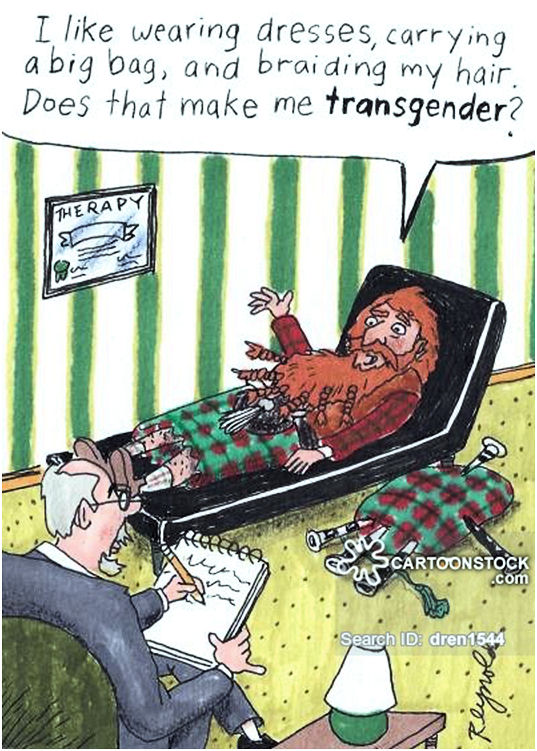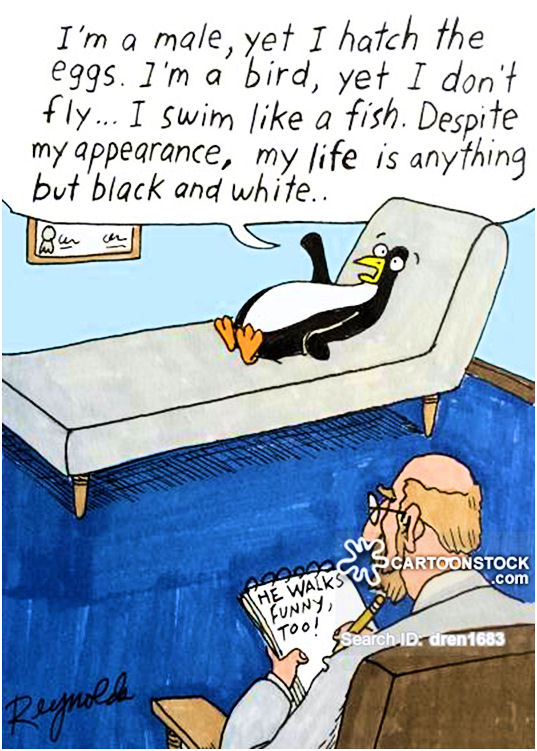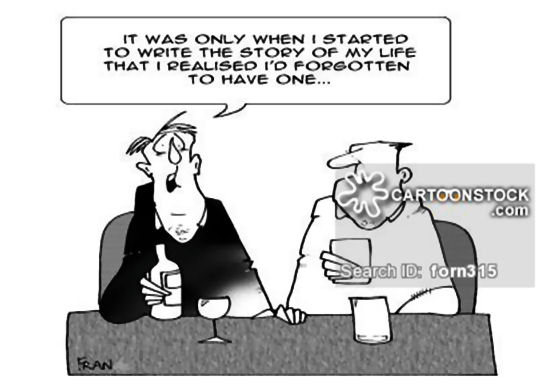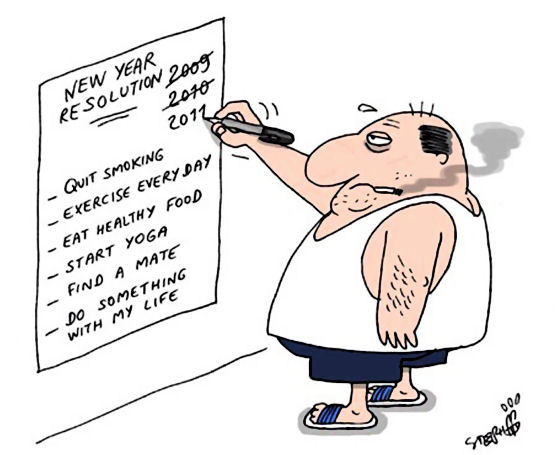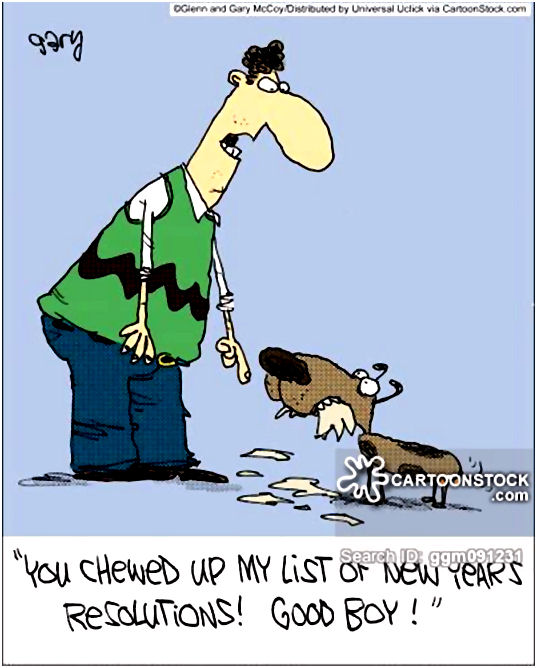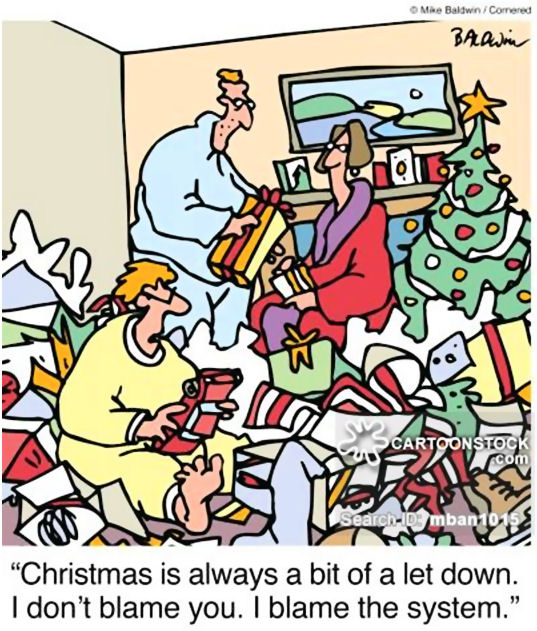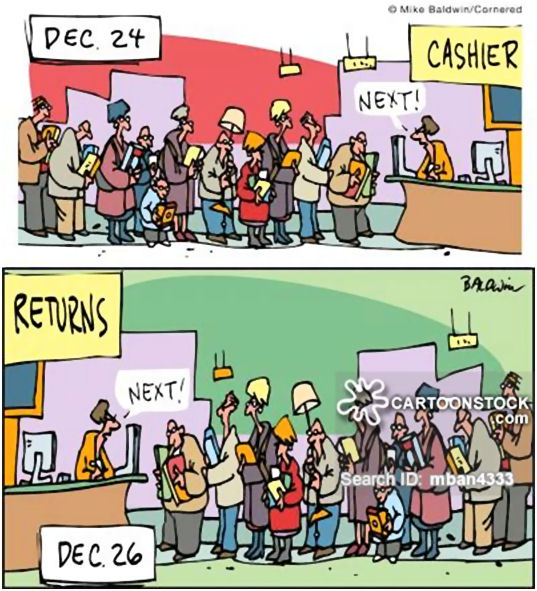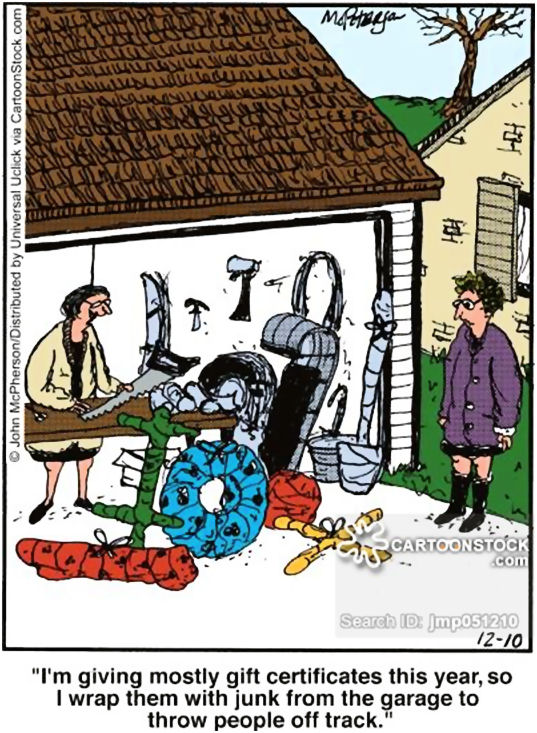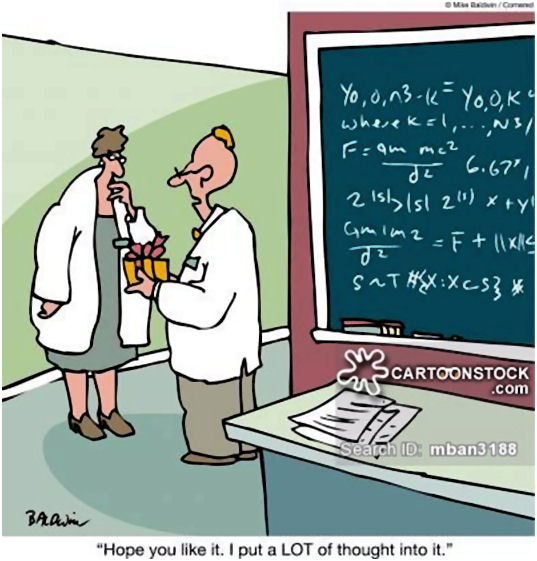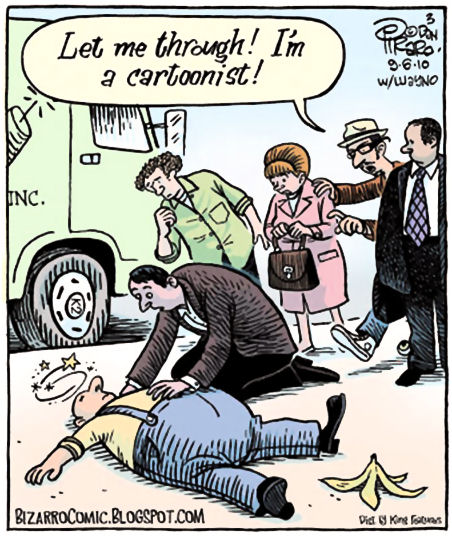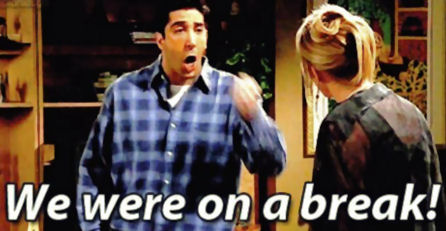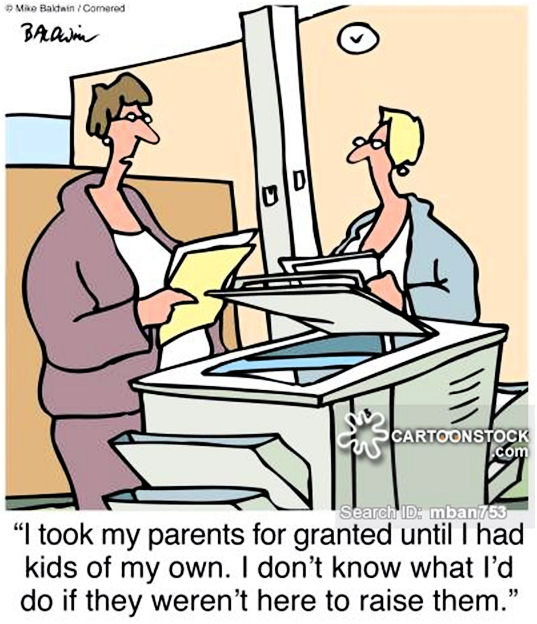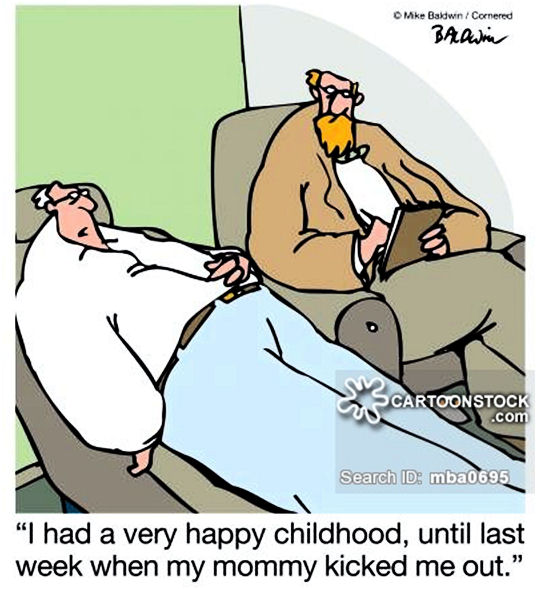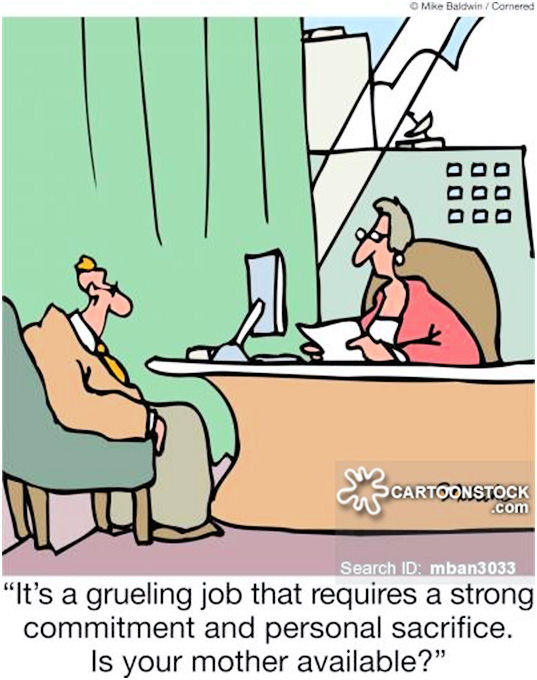So what do we do when our friends or loved ones believe something we ‘know’ is absolute rubbish. Or act in a way that is difficult for us; based on one of their beliefs. It may even be a belief about us.
If we’ve decided to try and influence this person’s beliefs, we should examine our own motives first. Why do we want to influence their beliefs? Is it because we believe they could negatively impact their own (or someone else’s) health, happiness or general welfare? Or is it more about how we feel? How the other person’s beliefs impact us? (Just asking…..) If it’s more about our own feelings, exploring why it’s important to us may be more important than influencing someone else? If it’s not that important, let it alone. Remember, there is always the option to try and understand the other person’s point of view (it might even make sense to us), or simply to agree to differ.
Finally is the argument worth the risk? And there are real risks involved. Besides the potential strain on the relationship with this person. If we don’t proceed with respect and thoughtfulness we may lose the relationship permanently.
Second, don’t try and tell someone they’re wrong. All that will achieve is an argument. Honestly, why have an argument if we don’t have to? Maybe we enjoy arguing. Some do.

If satisfied our motives are pure, the discussion is worth having and the risks worth taking. What is the next step?
There are several things to consider.
- Listen first. Be respectful and empathetic to them, as a person, and to their point of view.
- In the same way we deliver an assertiveness message, remember it’s the subject we’re talking about, not them as a person. So always talk about the issue and don’t insert personal insults!
- Start by exploring why they think this belief is important; what they get out of this belief, ie how does it contribute to their life? (often the reasons underlying a belief system is like unwrapping layers of a personality and the reasons for why we think and act as we do are part of the complex whole of personality, experience and environment) Be careful! The beliefs this person owns may be supporting their daily functioning.
- Consider if there’s a story we can tell them about others who have benefited from the point of view we wish them to consider eg someone whose life was altered/ saved/improved because of their beliefs on this issue?
- Think of ways to encourage them to challenge their beliefs, ie question the source of their information, explore contrary information sources and whether they are credible or not.
- Finally there is the option to confront them about how their beliefs are affecting us.What do we do if this person regularly brings up their beliefs, tries to ‘educate’ or alter our own beliefs or just wants to talk about an issue that’s important to them but annoying to us? We have a number of options. We can:
- Avoid them
- Explain that we don’t hold the same beliefs and would rather not discuss it further
- Suggest we compare data and respect each other’s findings/research
- Agree that this is a topic we can’t talk about
There are a number of well known topics that lead to arguments and ill feeling. Chief amongst these are those based on belief and emotions, such as religion and politics. It seems we can add many of the aspects of dealing with a pandemic to this list and that health issues tap into our feelings in a similar way to both politics and belief systems. Maybe because they all impact on life and death issues. To me the arguments and passion arising from a pandemic have aspects of a religious war. No-one is convincing anyone to change their beliefs. Instead people are locked in an attitudinal war to the death, with no quarter taken or given.
But what if their beliefs are about us and have led to a split in the family / friendship group? (This often happens after a relationship breakup, where there may be an expectation that friends will ‘take sides’) How can we address the beliefs of someone who has already decided that we are ‘the problem’?
I believe it is still very much in the same way as any other belief we wish to challenge. By being open to their view, listening and exploring its parameters with the person whose beliefs they are. The hardest thing to do is working out when and how to approach this person for such a discussion. And being prepared for a lot of negativity about ourselves.
Alison







